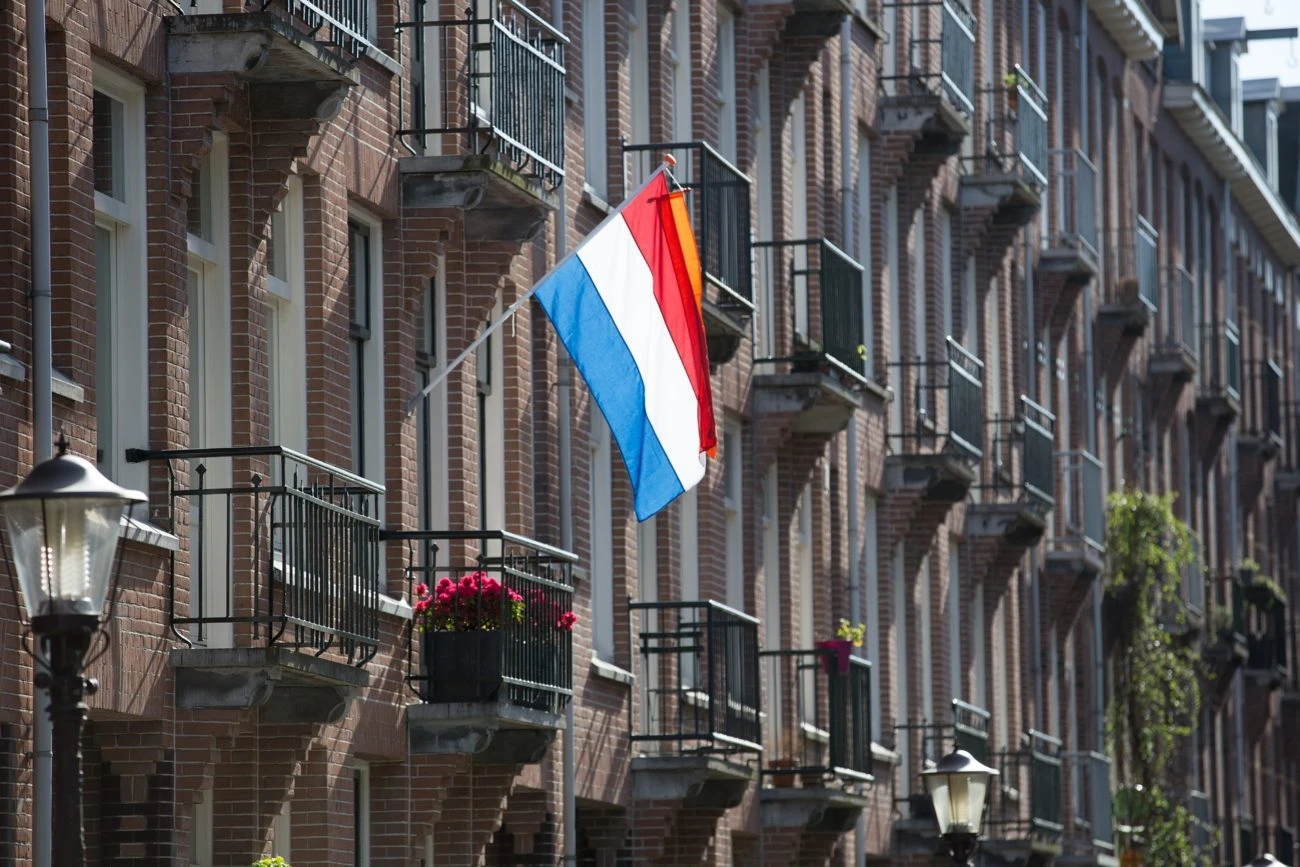Dutch minister: government will not mandate loss limits

The minister made the remarks in a response to parliamentary questioning from members Michael van Nispen and Mirjam Bikker – who pressed Weerwind on the subject. Currently, players are required to choose their own limits when they set up accounts.
Weerwind said he still believed that the current option was superior to mandating specific limits for all operators.
“When drafting the law, it was decided to let the player set his own limits. This choice is based on experiences from addiction care and various studies that show that the possibility for players to make well-informed choices about their gaming behaviour is an effective prevention method. I therefore want to stick to this principle of self-limitation.
“I consider that too strict limits can lead to avoidance behaviour by players, causing them to play with multiple providers at the same time, or even to swerve to illegal offers, which endangers the channeling. I will also investigate whether technology has progressed so far that a mode can be found for the provider exceeding playing limits, technically and from a privacy point of view.”
This contrasts with remarks made by the chair of the Dutch regulator (KSA), René Jansen, who hinted that the body may impose maximum loss limits for operators in a speech in May. On that occasion he had compared Dutch legislation to peer countries with strict loss limits in place, pointing out that this may be an option the Netherlands could adopt.
“In Sweden, the operator has a statutory duty to initiate an investigation if a gambler exceeds the deposit limit of €930,” Jansen said. “These examples serve to illustrate that other avenues are open to the legislator.”
Weerwind also faced further questions about gambling advertisements, which have been a continued subject of controversy in the country. In response, he pointed out that the government had implemented a ban on the use of “role models” in gambling ads just last week, and that it is still set to introduce a ban on “untargeted” ads for high-risk games.
The two MPs asked whether he would consider suspending the approval of new licences until this ban comes into effect, but Weerwind dismissed that idea.
In addition, the minister addressed claims that “almost one in five gamblers are currently under 25 years old”. Weerwind noted that this was based on a study with a sample period including a significant amount of time before online gambling became legal last year. As a result, he argued that a large amount of this play may have been with the unlicensed sector prior to launch.
